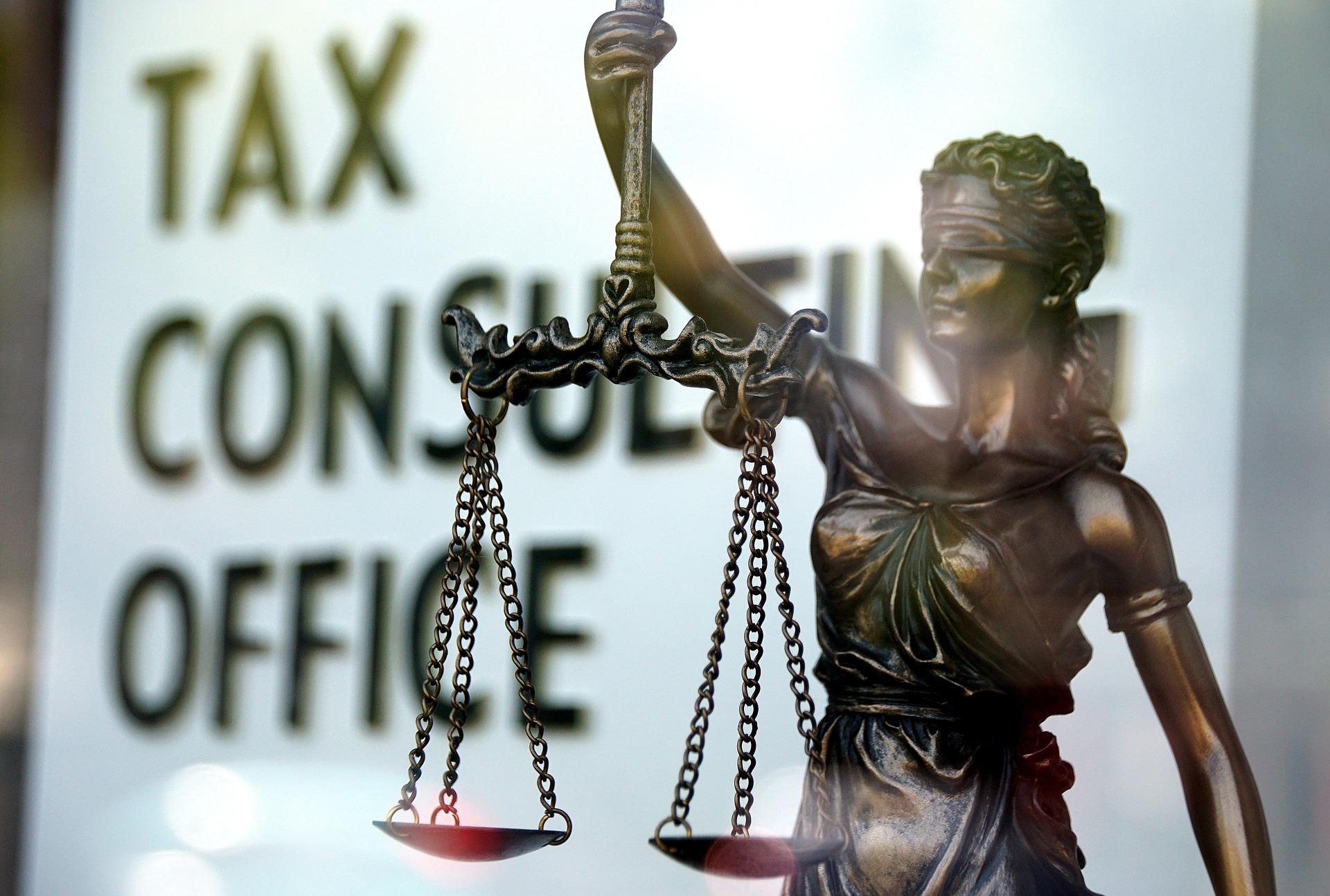A Closer Look at the Legalities of Climate Change Policy
In the face of growing climate concerns, governments worldwide are attempting to address environmental challenges through policy making. While these policies hold the promise of a greener future, they also raise significant legal questions. This article explores the legal landscape of climate change policies, offering a comprehensive understanding of their historical context, current updates, implications, and societal impact.
Historical Context of Climate Change Policies
The legal journey of climate change policies began in the late 20th century when global warming started gaining attention. Since then, numerous international agreements have been formulated, such as the Kyoto Protocol in 1997 and the Paris Agreement in 2015. These agreements have established a broad legal framework for nations to reduce greenhouse gas emissions. However, the enforcement and effectiveness of these agreements have been a matter of substantial legal debate.
Current Legal Updates and Developments
In recent years, climate change litigation has become a growing trend. Various lawsuits are being filed against governments and corporations for their failure to mitigate the impacts of climate change. For instance, in the landmark case of Urgenda vs. the Netherlands, the Dutch Supreme Court ordered the government to cut greenhouse gas emissions by at least 25% by the end of 2020. Cases like these are propelling significant legal updates and reforms in the realm of climate change policy.
Implications and Impact of Climate Change Policies
The legal implications of climate change policies are multifaceted and far-reaching. They impact several sectors, including energy, transportation, and agriculture. On one hand, stricter regulations can drive innovation in clean technologies and pave the way for a sustainable economy. On the other hand, they can also lead to economic challenges, especially for industries heavily reliant on fossil fuels.
Societal Impact of Climate Change Policies
From a societal perspective, the legalities of climate change policies have profound implications. Climate change litigation, for instance, represents a powerful tool for individuals and communities to hold governments and corporations accountable. However, it also raises questions about the role of courts in policy-making, a traditionally legislative domain. Moreover, the transition towards a green economy necessitates regulatory frameworks that ensure social justice, preventing disproportionate burdens on marginalized communities.
Conclusion
The legalities of climate change policies are complex, evolving, and have significant societal implications. As governments continue to grapple with the legal challenges of environmental policy-making, it’s crucial for individuals to stay informed about these developments. Understanding the legal landscape of climate change policy not only allows citizens to engage more effectively in environmental advocacy but also empowers them to hold their governments accountable.
In conclusion, the law plays a pivotal role in our fight against climate change. As societal understanding of this global crisis deepens, so too should our understanding of its legal dimensions.





